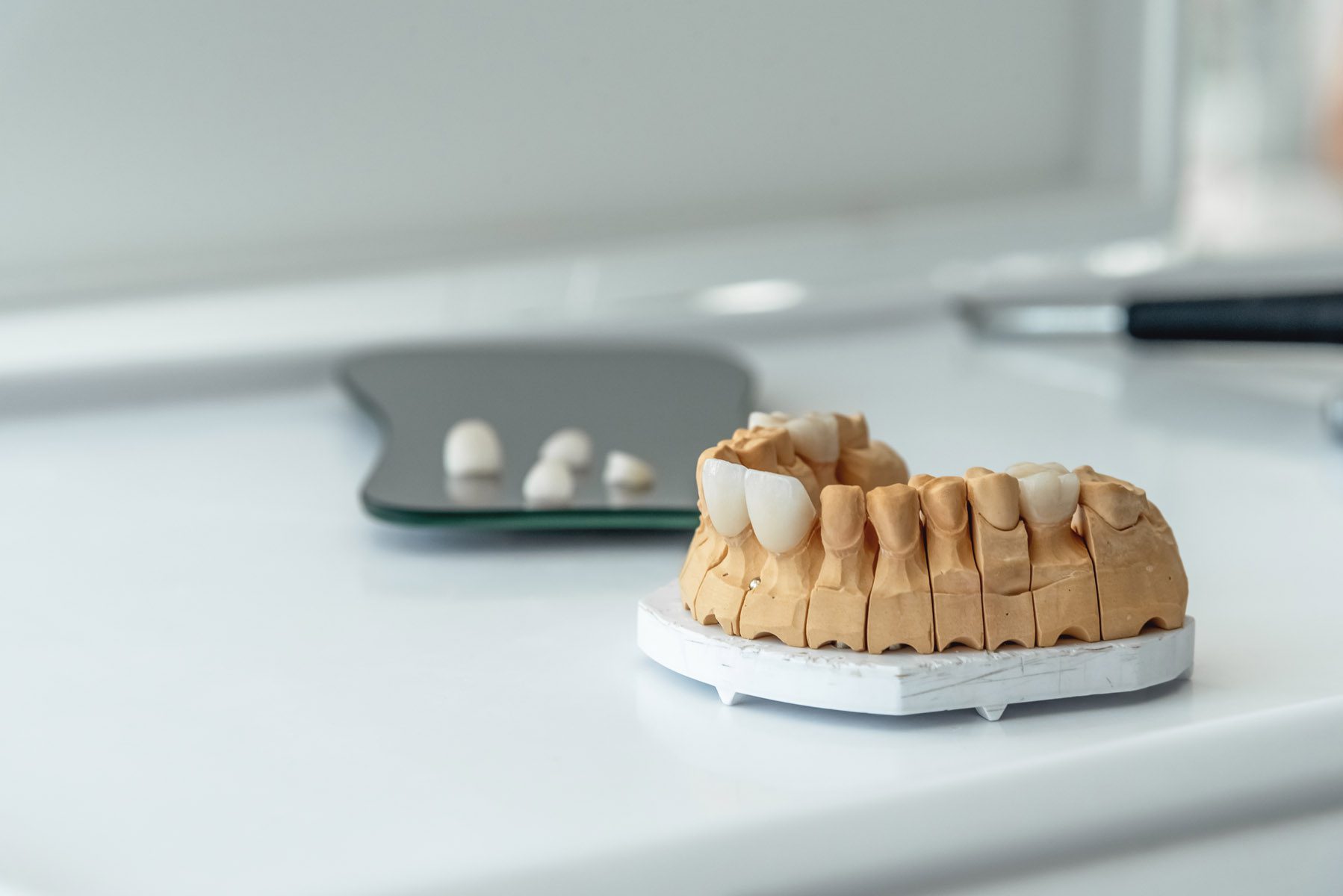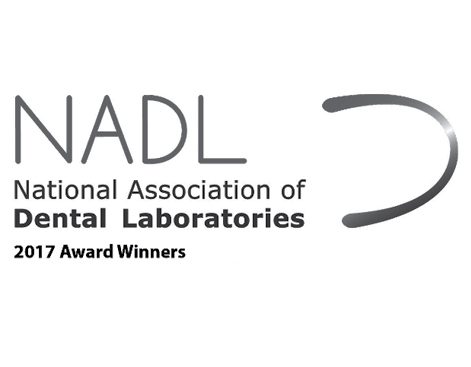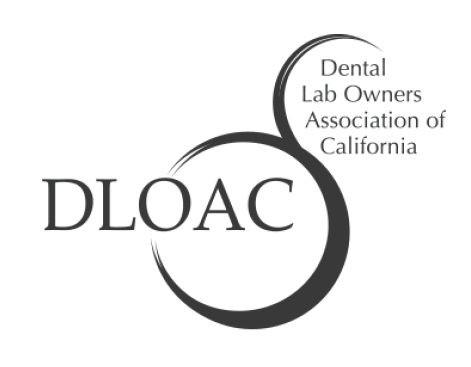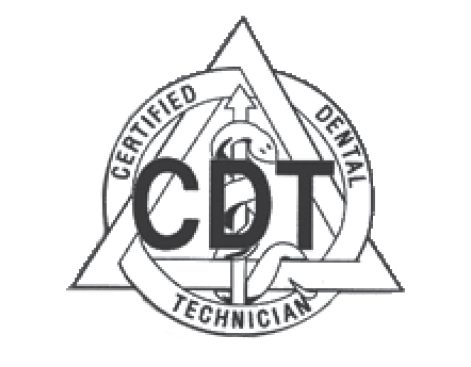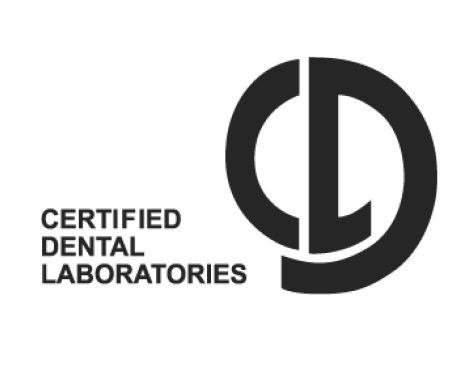In the world of healthcare, it is crucial to create a meaningful and lasting relationship with your patient. Relationship marketing is the term used to describe the business strategies used to build relationships with customers (or prospective customers). Such connections are bound to form naturally over time, however, making the dentist-patient relationship strong and mutually beneficial requires a conscious effort from you and your team. At Keating Dental Lab, we care deeply about strengthening our relationships with our doctors and want to help you to do the same with your patients. Below, we have outlined some key tips and tricks to keep in mind when building the dentist-patient relationship.
Why Your Patients Are Scared Of You (And What You Can Do About It)
 Compared to other health care professions, dental care has historically been characterized as generating more fear and anxiety from patients. Therefore, the development of trust security between the practitioner-patient relationship is an essential professional skill that needs to be learned by future dentists. No matter the level of the procedure, a thorough explanation of the process can work wonders in helping the patient to remain calm because it demonstrates your level of knowledge and professionalism. Furthermore, allowing the patient to pause the procedure at any time of discomfort gives them control to reduce anxiety. Using different forms of verbal and non-verbal communication will help you convey a sense of concern for the patient’s fears.
Compared to other health care professions, dental care has historically been characterized as generating more fear and anxiety from patients. Therefore, the development of trust security between the practitioner-patient relationship is an essential professional skill that needs to be learned by future dentists. No matter the level of the procedure, a thorough explanation of the process can work wonders in helping the patient to remain calm because it demonstrates your level of knowledge and professionalism. Furthermore, allowing the patient to pause the procedure at any time of discomfort gives them control to reduce anxiety. Using different forms of verbal and non-verbal communication will help you convey a sense of concern for the patient’s fears.
Practicing strong communication skills are one of the most important things you could do to strengthen your relationships with your patients. Clinicians who take the time to clearly communicate procedures and after-care will be viewed as more trustworthy than those who leave those tasks to the front desk. An extra step in making sure patients understand the material you feed to them is to have them relay back the discussed information to you. Additionally, make sure that the patient feels involved in their healthcare decisions by driving shared decision-making. Although you may feel that you know what is best for the patient, you also have to keep in mind that cultural and personal preferences may not always agree with your professional opinion. As a dentist, it is your responsibility to make sure that your patient understands the pros and cons of each decision that they make for themselves.
You might want to watch: The Prominence Of Technical Advisors in Dental Labs
Every Dental Patient Matters
Last but not least, always keep in mind that every patient is equally as important as the last one. Just because you’ve known a patient longer or they bring in a bigger profit for your practice does not mean they deserve extra care and attention. Practicing empathy towards patients can help you connect with them on a personal level by making them feel understood. Research has suggested that this increases patient satisfaction, regardless of the care outcomes. A general assessment of care quality and patient satisfaction surveys showed that 65 percent of patient satisfaction can be attributed to clinician empathy. This finding is critical as providers work to crack the code of a good patient satisfaction score.[1]At the end of the day, building a positive dentist-patient relationship begins and ends with the golden rule: treat others how you want to be treated.
[1]https://patientengagementhit.com/news/3-key-traits-of-a-positive-patient-provider-relationship

